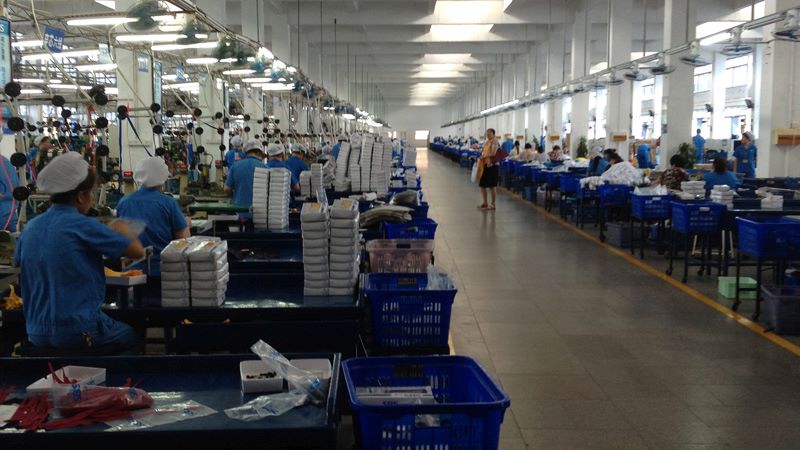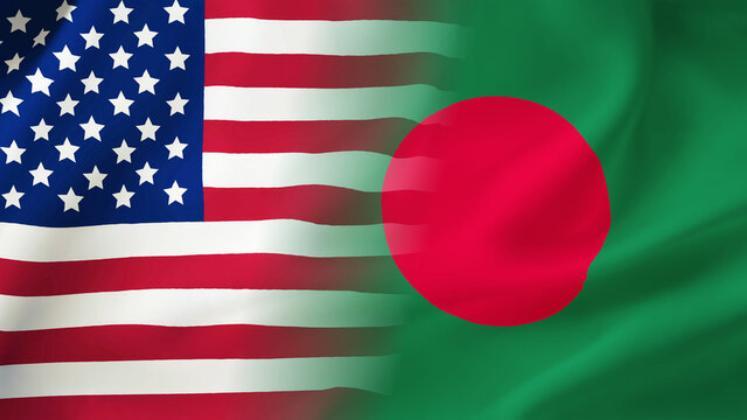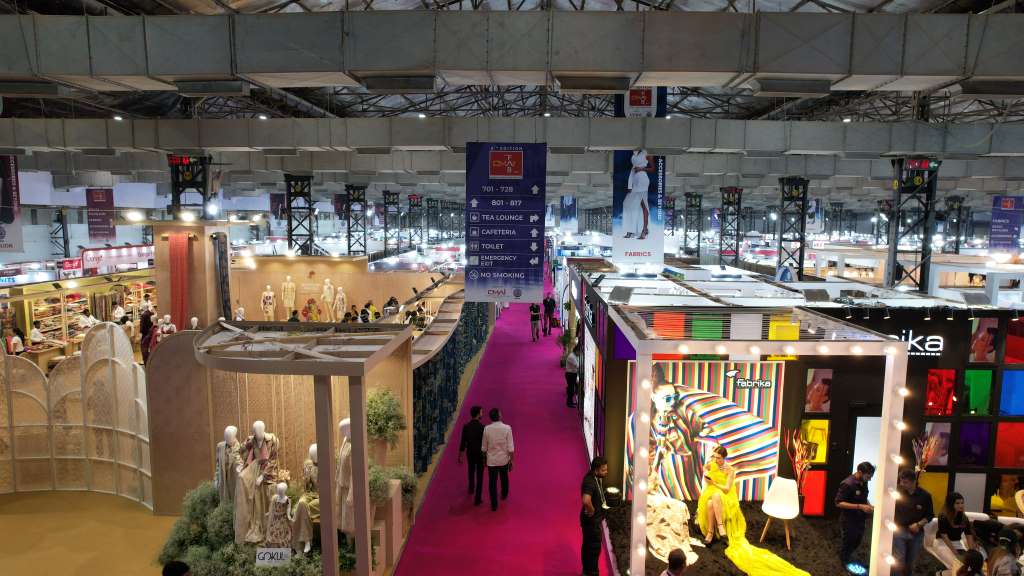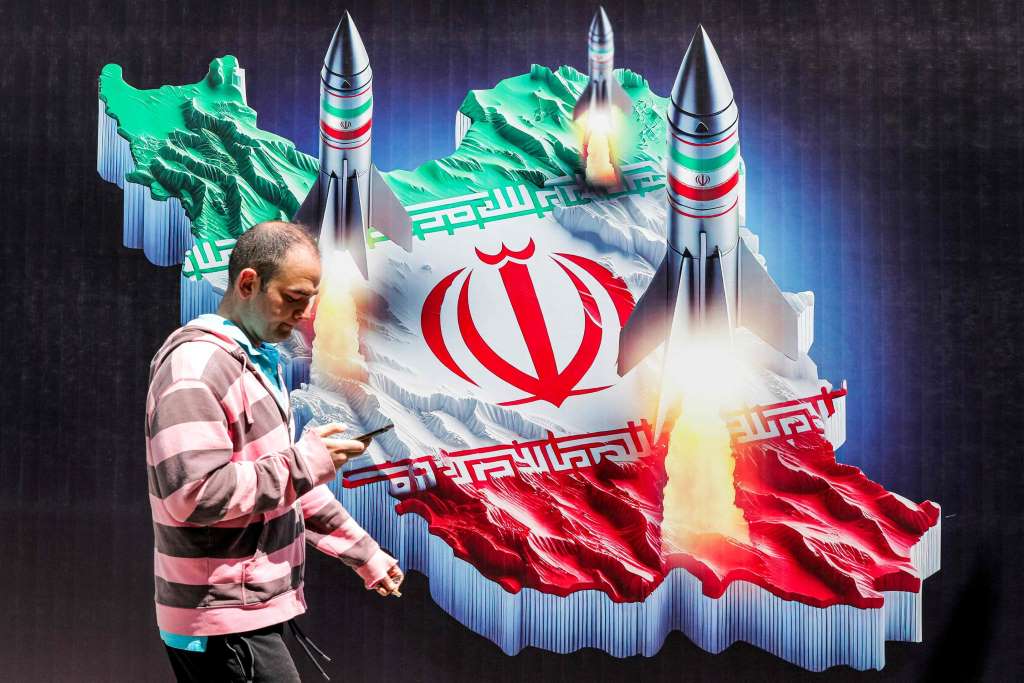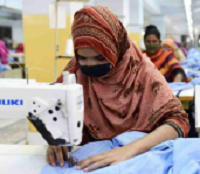 Originally framed on the recommendations of UNCTAD in 1971, the Generalized Scheme of Preferences (GSP) enables developing nations export their products to the European Union. The scheme aims to boost the export earnings of developing nations and boost their economic growth. To improve some of the key features of the scheme and meet the needs and challenges, European Commission recently proposed a new GSP framework that lowers thresholds for exports.
Originally framed on the recommendations of UNCTAD in 1971, the Generalized Scheme of Preferences (GSP) enables developing nations export their products to the European Union. The scheme aims to boost the export earnings of developing nations and boost their economic growth. To improve some of the key features of the scheme and meet the needs and challenges, European Commission recently proposed a new GSP framework that lowers thresholds for exports.
Advances sustainable development
As per a RMG Bangladesh report, the modernized framework enables the European Union to create economic opportunities and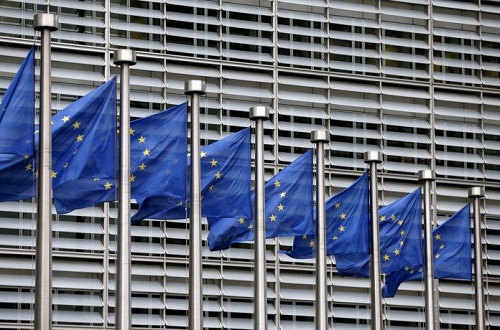 advance sustainable development through trade preferences. It also strengthens the Union by enabling it to withdraw GSP preferences in case of trade rules violations. Further, it adds two new human rights instruments on the rights of people with disabilities and the rights of child, two labor rights conventions on labor inspections and tripartite dialogue, and one governance convention on transnational organized crime. Rensje Teerink, Head of delegation of the European Union to Bangladesh, adds, the new regulations also extend to issues of environmental protection and good governance.
advance sustainable development through trade preferences. It also strengthens the Union by enabling it to withdraw GSP preferences in case of trade rules violations. Further, it adds two new human rights instruments on the rights of people with disabilities and the rights of child, two labor rights conventions on labor inspections and tripartite dialogue, and one governance convention on transnational organized crime. Rensje Teerink, Head of delegation of the European Union to Bangladesh, adds, the new regulations also extend to issues of environmental protection and good governance.
A threat to Bangladesh’s competitiveness
However, the scheme can prove a hurdle to Bangladesh’s future economic growth as it limits the country’s gains from the ‘GSP plus’ in key export items like apparels, points out Mustafizur Rahman, Distinguished Fellow at the Centre for Policy Dialogue (CPD). The new scheme reduces the general threshold to 47 per cent and textile threshold to 37 per cent, from existing 57 per cent and 47.2 per cent respectively, enabling poorer developing countries to benefit from the scheme.
However, lowering of thresholds may deprive Bangladesh of the current export competiveness it enjoys in certain products, opines Rahman. The country has been negotiating with the EU to extend its graduation from the Least Developing nations category to 2029 from the current 2024. Its proposal is set to be finalized by 2023 and includes five new points with the current 27 international conventions related to human rights, labor rights, protection of the environment and climate and good governance to benefit from this arrangement, adds Rahman. Though conducive to the country’s development, the proposal may add to the pressure on Bangladesh government, says a representative from the Centre for Policy Dialogue.
Trouble for garment exporters
Fazlee Shamim Ehsan, Vice President, Bangladesh Knitwear Manufacturers and Exporters Association (BKMEA) believes the new proposals may create certain problems for Bangladeshi woven garment exporters. The government needs to provide more policy support for setting up more textile units in this sector, he adds.
Md Saiful Islam, President of Leathergoods & Footwear Manufacturers & Exporters Association of Bangladesh (LFMEAB) also feels the proposal may affect Bangladesh’s apparel exports. He advises the government to ensure diplomatic negotiation with the EU to benefit from the new proposal. The Bangladesh Garment Manufacturers and Exporters Association (BGMEA) is also pushing the EU to improve threshold for exports, affirms Abdullah Hil Rakib, Director The association aims for extension of the full GSP benefits till 2029.


